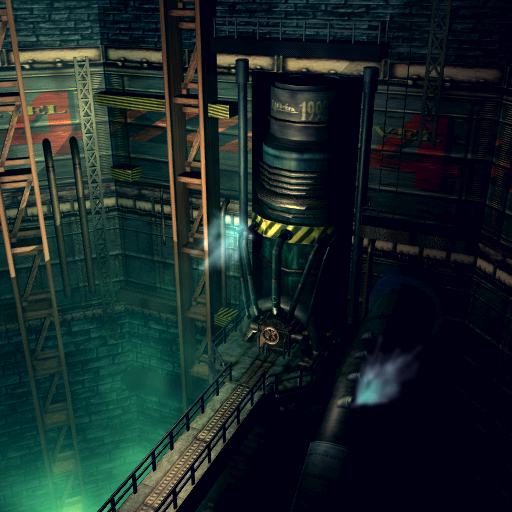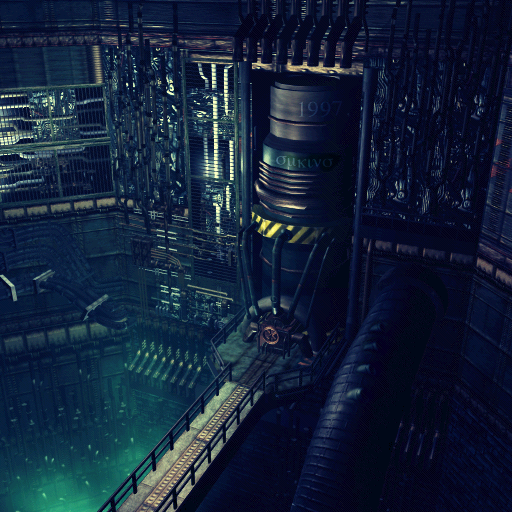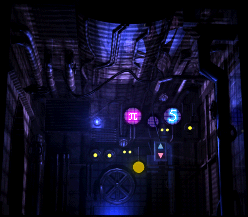mothcorrupteth
Orthodox Christian
Yeah, I really can't speculate, myself. For me, Final Fantasy VII's story was done at the end of the first game. I watched Advent Children, but I never liked it, and I haven't played Dirge of Cerberus or Crisis Core or Before Crisis or any of that stuff. So there's a metric crap-ton of lore that I'm not brushed up on.But I have not really studied the integration of this hypothesis in the game. For it to have any validity it would be necessary to know if this nomenclature was created/used by the Cetra, to begin with.
 But I'm not sure about the destruction of the Meteor either. (
But I'm not sure about the destruction of the Meteor either. ( What is sure is that it disapeared.
What is sure is that it disapeared.


 !
!

